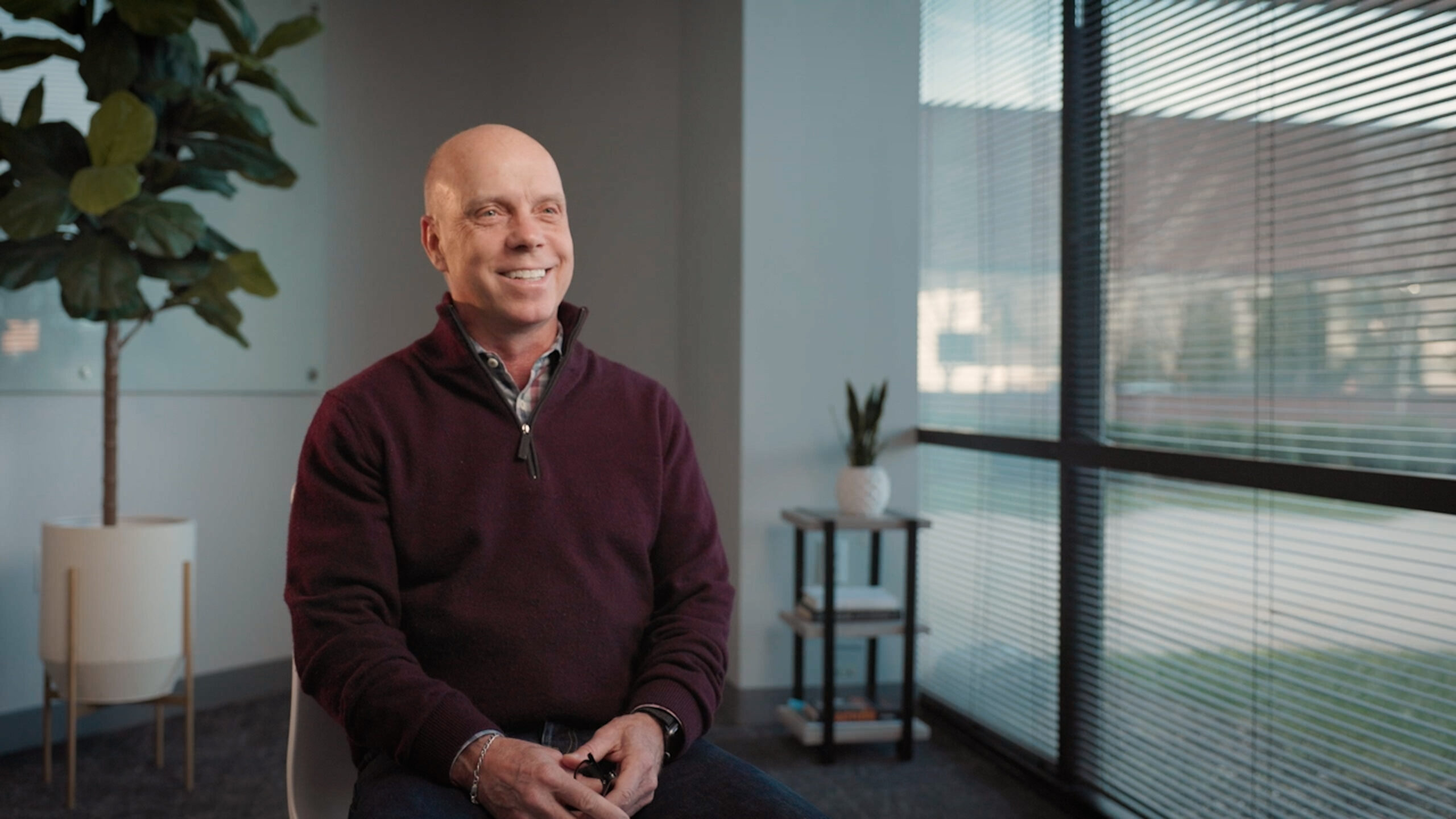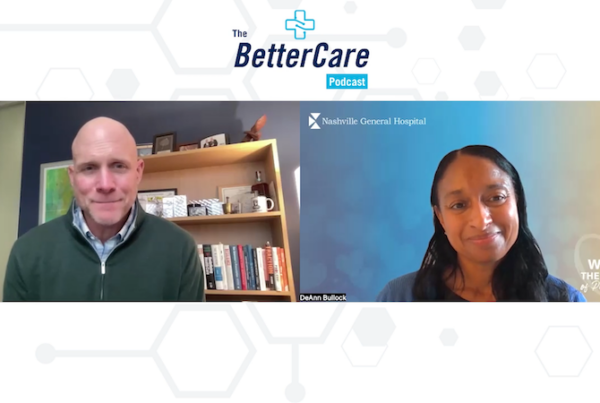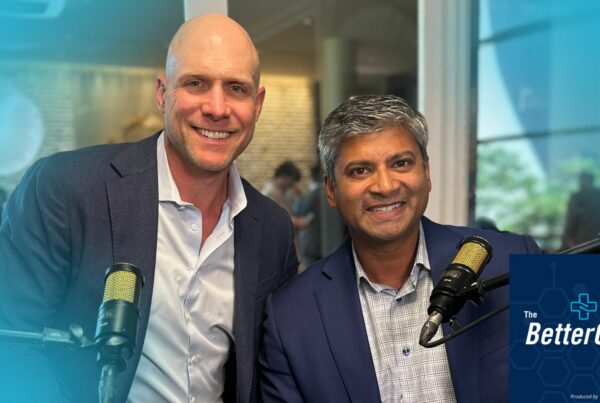We have the privilege to work with leading health systems delivering oncology care across the country, which helps us learn about the priorities of executives who oversee the future of oncology treatment.
There may not be a more emotional and intricate specialty than oncology, and on top of that, cancer treatment spending is rising at an alarming rate.
Furthermore, there is a growing awareness of cancer drug markup issues between hospitals and insurance companies, with a recent Health Management Academy Report revealing drug cost pressure as the top oncology care delivery challenge for health system executives.
This makes oncology an obvious choice for innovative approaches to treatment and care delivery.
With labor costs continuing to pressure hospitals, health system executives are looking for ways to integrate technology solutions that help alleviate the burden on clinicians. In this article, we’ll share how technology that integrates care pathways for oncologists improves oncology care.
Reducing Care Variation in Oncology Care
There have been incredible strides in innovative cancer treatment, and newer payment models like the CMS Oncology Care Model (OCM) have a goal to provide higher quality care at a lower cost.
But with innovation, comes a need for better adoption. It’s often quoted that it takes 17 years for new research evidence to become incorporated into regular practice. This gap creates unnecessary care variation in cancer treatment.
An AJMC study found that chemotherapy, hospital inpatient care, and imaging create the most interregional variation, which provided the biggest opportunities for overall savings.
The California Healthcare Foundation summarized the care variation issue perfectly:
“Unnecessary variation in care causes a number of problems. Some practitioners may be underusing needed services while others overuse unwarranted services. Practices on both ends of the spectrum results in a lower standard of care with significant cost consequences…
The purpose of variation reduction is to determine the appropriate level of care and to ensure that all patients receive care that is needed – no more and no less.”
This is why oncology care pathways can be so helpful. Care pathways help map the coordination and sequence of activities required for cancer treatment. More complex treatment plans require more coordination across multidisciplinary care teams.
But as helpful as care pathways can be, they are often stored in a binder on a shelf or in large digital folders of PDFs. It’s a huge waste of time and effort for clinicians to have to search and implement evidence-based treatment options in this way. This inefficiency leads clinicians to often search online for the answers they need.
How Care Pathways Technology Improves Oncology Care
The modern response to any inefficiency in healthcare is to see if technology can improve it. At EvidenceCare, we’re big proponents of technology that isn’t invasive or adding unnecessary extra work to clinical staff who are already burdened by work demands.
There are various care pathways technology solutions that allow clinicians to access pathways from the EHR, but it always takes the user out of the EHR system into a different one. EvidenceCare’s OncologyCare is integrated into the oncologist’s EHR workflow, so there’s no need to leave the system.
EvidenceCare partnered with Moffitt Cancer Center to create OncologyCare, which integrates Moffitt’s renowned oncology pathways directly in the EHR for treating clinicians. Oncologists get standardized order sets to guide practice patterns, and hospitals have the opportunity for increased reimbursement with pathways adherence.
Because cancer treatment continues to advance, we wanted to build software that made it easy to implement the latest pathways where oncologists need it most – at the point of care – closing the gap between the latest research and best practice.
To help fund more innovative cancer research, a portion of every sale of OncologyCare is donated to Scott Hamilton CARES Foundation.
We recorded a 2-part conversation with Scott Hamilton, founder of the CARES Foundation, to talk about the need for innovative technology in cancer treatment. Hamilton has been a leader in the cancer community through various support programs and funding innovative cancer research.
To learn more about OncologyCare and schedule a demo, visit this page.









